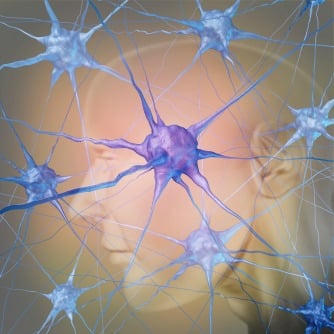In that memory loss is a major consideration in aging, scientists have yet to clearly identify the molecular reasons of the process. Ron Davis, from The Scripps Research Institute (Florida, USA), and colleagues employed Drosophila, the common fruit fly and a widely recognized substitute for human aging studies, to study the mechanism that causes long-term memory loss due to age. The researchers studied the memory of smell: they paired an odor with a mild electric shock, causing the flies to develop short-term memories that persisted for around a half-hour, intermediate-term memory that lasted a few hours and long-term memory that stayed for days. Then the team used real-time cellular imaging to monitor the changes in aged flies’ neuron activity before and after learning. The study authors found that: “Aging thus impairs protein-synthesis-dependent [long-term memory] along with the [alpha/beta mushroom body] neuron [long-term memory] trace by lessening the connectivity of [dorsal paired medial] and [alpha/beta mushroom body] neurons.”
Insight into Long-Term Memory Loss
Tonoki A, Davis RL. “Aging impairs protein-synthesis-dependent long-term memory in Drosophila.” J Neurosci. 2015 Jan 21;35(3):1173-80.
RELATED ARTICLES




